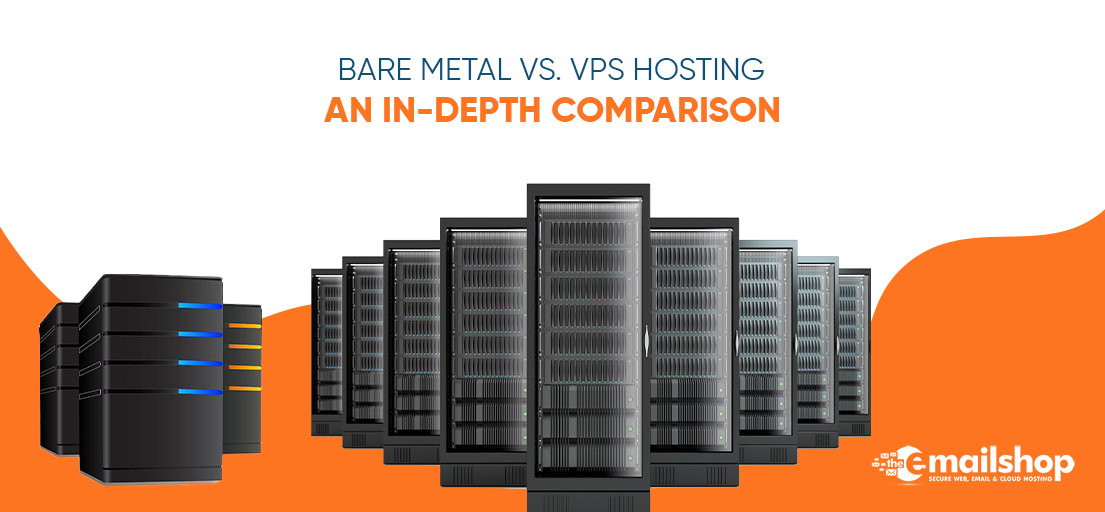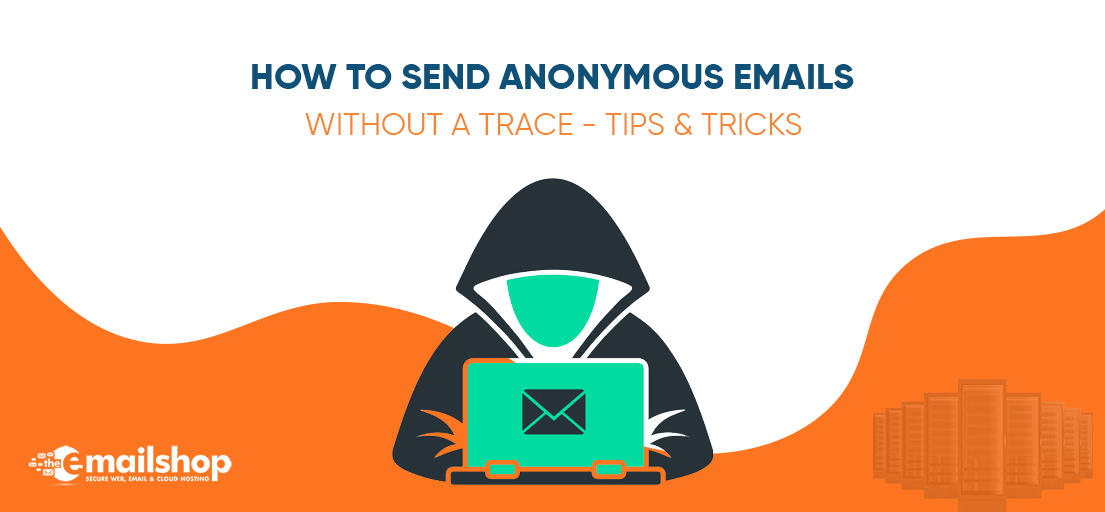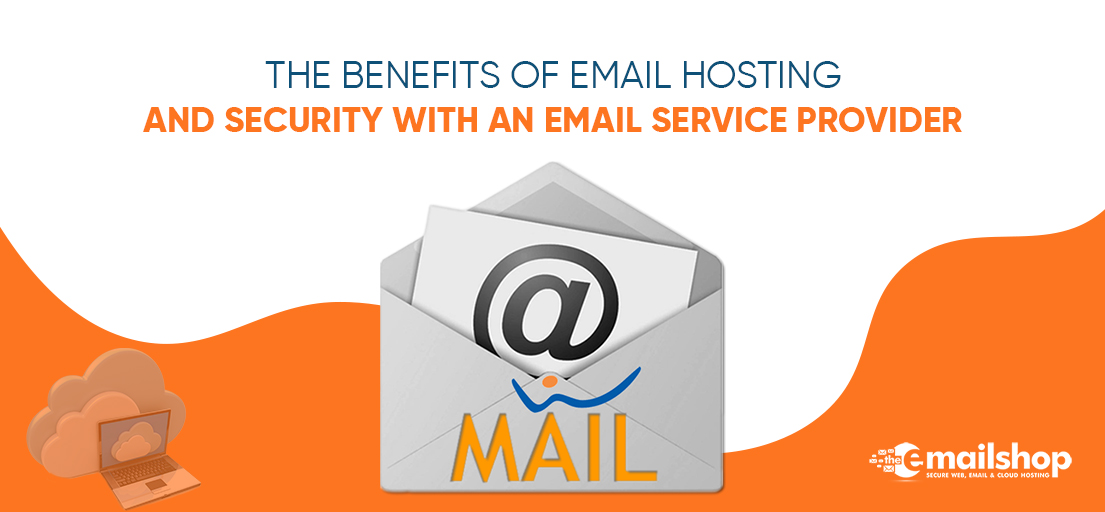What exactly is a virtual private server, abbreviated as “VPS”?
VPS stands for “virtual private server.” A VPS is an enclosed, virtual world which functions precisely the same as a single host without the significant cost and administrative overheads of a real computer.
Because of this, a virtual private server (VPS) is the ideal compromise between shared hosting and dedicated hosting, which positions it as an excellent option for a diverse variety of software programs.
Installing programs and gaining direct access to the underlying operating system is possible with a virtual private server (VPS), just as it is with a dedicated server. However, the cost of hosting a VPS is a fraction of that of a dedicated server. The level of control you have over a virtual private server is equivalent to the level of control you would have over a real computer.
Cloud servers are essentially just another kind of virtual private server (VPS).
There is a widespread misunderstanding that cloud servers do not qualify as virtual private servers (VPS), but if you stop to consider the following, you’ll see that this is not the case:
When you should consider using a VPS
- When your website exceeds the architectural and resource constraints of your shared or reseller hosting.
- You will need to use a dedicated server if you need to install specialized modules or programmes that your shared host does not support.
- When you require administrative access to the server
- When you require a virtual development environment for software testing and development.
- When dealing with sensitive information or processing financial transactions.
- When there are significant changes in the flow of traffic
- A Virtual Private Server (VPS) hosting account is more cost-effective than a completely dedicated hosting plan, which makes use of the whole physical server.
- A wide variety of virtual private server (VPS) plans may be modified to meet your requirements.
- The majority of virtual private server hosting plans are quite simple to scale. You may get started in cyberspace with the fewest resources possible, and as your website grows, you can progressively upgrade your hosting package to match your expanding requirements. In this scenario, you will not be required to make payments for extra resources since you do not currently need them.
- You have more control over the virtual server than with shared hosting. It’s possible that you have access to root and the ability to run scripts that aren’t permitted in the shared hosting area, but you still have those capabilities.
- You will get support services comparable to those provided by shared hosting for the majority of technical issues.
- You have the option to go with the semi-managerial hosting package, which means that the hosting firm will handle part of the site maintenance tasks on your behalf.
- You should only purchase the package if you believe that your website will really profit from it.
- Get the package from a reputable hosting company.
- Get the most out of the resources provided by the hosting package.
- Virtual private server hosting is an appealing alternative to shared hosting and comes with several benefits. It is an excellent option to choose between shared hosting and dedicated hosting as it bridges the gap between the two. It gives more control and choices, in addition to being more versatile, than shared hosting does. If you think your site will grow in the long run, starting with hosting on a virtual private server (VPS) might be a good idea.
You May also like to read: VPS Linux Hosting or VPS Windows Hosting – Which One To Choose
When you should NOT consider using a VPS
- When you are hosting low-traffic websites that aren’t mission vital. • When you are just starting out and want to learn the fundamentals of web hosting, such as FTP, WordPress, and cPanel.
- VPS hosting, on the other hand, is a flexible alternative that can be used to a broad variety of contexts, which is one of the reasons why it has gained such widespread acceptance.
- When opposed to shared hosting, it provides superior speed and scalability while at the same time insulating your website from that of other users. In addition to this, the price is far more reasonable in comparison to that of dedicated hosting. What’s not to adore about it?
- Virtual private server hosting, or VPS hosting, is a method that, in principle, provides users with an affordable alternative to dedicated server services. On the other hand, there are issues!
- The most significant disadvantage is monetary concerns due to the fact that it is more costly than shared hosting. VPS server expenses might be prohibitively costly for websites that do not call for the use of a dedicated server. Although a virtual private server won’t break the bank as a dedicated server would, it will cost you much more than shared hosting.
- When it comes to customer care, virtual private server hosting may provide even more challenges.
- Some web hosting companies provide VPS hosting, but they do not properly allocate server resources. This can create issues for both the site owner and the other websites that are hosted on the same physical server if one website uses all of the resources available up to the maximum limit that is permitted.
- Note: If sites on one server use up all of their available resources, it will cause difficulties for that server, which will in turn impact all of the sites hosted on that server.
- VPS hosting involves a certain amount of work and experience to set up. One approach to coping with this issue is to inquire when signing up how many virtual accounts are on one server at the same time. It requires manual configuration of both its software and its services, which may be intimidating for novice users. They will be responsible for paying strict attention to the administration of the server, which might be challenging for newcomers.
- If you are just starting out or have a restricted budget to dedicate towards hosting, VPS hosting may seem pricey. This is especially true if you need to seek support for technical administration and management. You may start out with shared hosting, which is what most people do when they are just getting started online. This will keep your costs down. If your website has become more popular and you are prepared to make a greater financial investment, you may want to consider upgrading to a hosting plan that uses virtual private servers (VPS).
For Discount and Offers, Visit our Official Twitter Page









